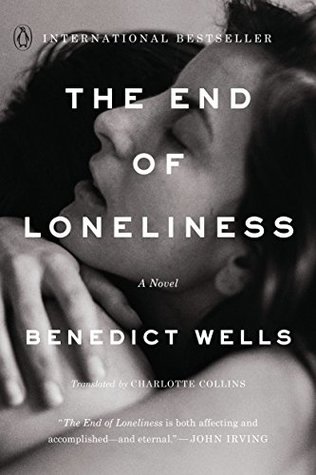More on this book
Community
Kindle Notes & Highlights
It seemed that there were families that were spared by Fate and others that attracted misfortune;
A difficult childhood is like an invisible enemy, I thought. You never know when it will strike.
“This one’s nice,” she said, when I played her “Between the Bars” by Elliott Smith. She beamed. “I really like this one.”
And if you just do what you’ve always done, you’ll just get what you’ve always got.”
“The question is, what wouldn’t be different? What would be the immutable part of you? The bit that would stay the same in every life, no matter what course it took. Are there elements in us that survive everything?”
“Well, we come into the world and we’re influenced by our environment, our parents, strokes of fate, education and random experiences. Then at some point we say, ‘I am such-and-such,’ as if it’s something that can be taken for granted, but we just mean the surface, the primary self.” She sat down on my desk. “To find your true self you need to question everything you encountered at birth. And lose some of it, too, because often it’s only in pain that we discover what really belongs to us . . . It’s in the breaches that we recognize ourselves.”
I also wanted my son to learn to play in a team and not end up, later, on the lonely hundred-meter track, vying against himself and against time.
Life is not a zero-sum game. It owes us nothing, and things just happen the way they do. Sometimes they’re fair and everything makes sense; sometimes they’re so unfair we question everything. I pulled the mask off the face of Fate, and all I found beneath it was chance.
God wants us to learn to look after ourselves. He doesn’t give us the fish and hear all our prayers, but He listens to us and observes how we cope with everything down here—sickness, injustice, death and suffering. Life is there in order to learn how to fish.”
Things come and go. For a very long time I couldn’t accept this. Now, suddenly, I find it easy.


